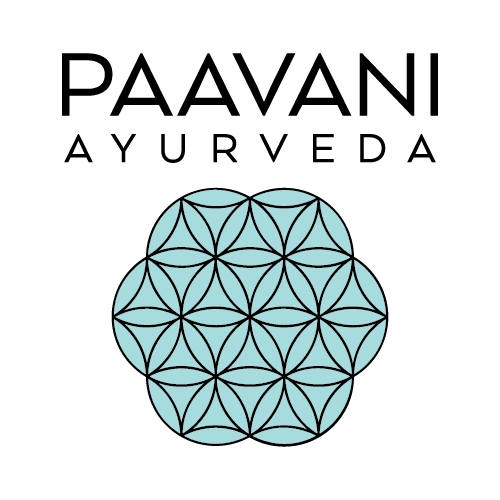Ayurvedic Yoga

Matsyasana: An Ayurvedic Guide to Fish Pose
Matsyasana can be broken down into two words in Sanskrit. ‘Matsya’ means fish and ‘asana’ means posture; hence, this posture is commonly called by its English translation ‘Fish Pose’. The origin s...
Read more
Halasana: An Ayurvedic Guide to Plough Pose
Halasana is a Yoga posture derived from the Sanskrit word ‘hala’ which means plough and ‘asana’ which means ‘pose’. Thus, the literal translation of this posture is Plough Pose. A plough has been ...
Read more
Salamba Sarvangasana: An Ayurvedic Guide to Shoulderstand
Salamba Sarvangasana, commonly known as Shoulderstand, is a wonderful, safe inversion that invites fresh prana into the body and brings a refreshed perspective into your day. Inversions in yoga ar...
Read more
Parivrtta Trikonasana: An Ayurvedic Guide to Revolved Triangle
Parivrtta Trikonasana, or Revolved Triangle Pose, is the counterbalancing posture to Utthita Trikonasana (Triangle) and is one of the more challenging standing postures in Yoga. This pose requires...
Read more
Utthita Trikonasana: An Ayurvedic Guide to Triangle
Utthita Trikonasana, commonly known as Triangle Pose, is composed of three Sanskrit terms: ‘utthita’ meaning extended, ‘tri’ meaning three and ‘kona’ meaning angle. The literal translation is exte...
Read more
Anjaneyasana: An Ayurvedic Guide to Crescent Lunge
The Yoga posture, Anjaneyasana, is named after a baby named Anjaneya. Anjaneya was born to a beautiful woman, Anjana, and the wind god, Vayu. Anjana desired to become a mother and Lord Vayu heard ...
Read more

